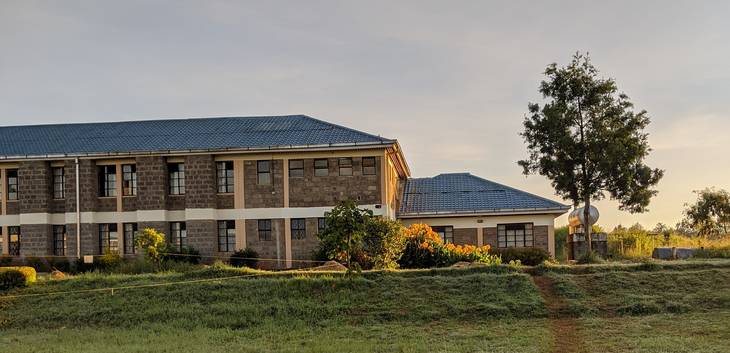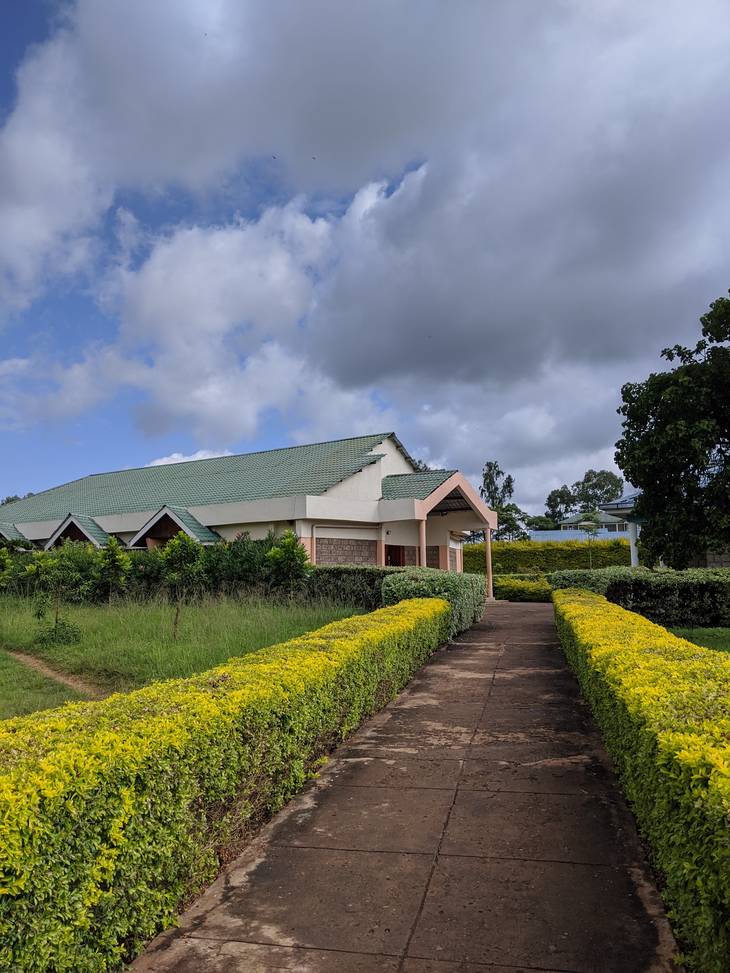Introductory Films
- Overview of a 10-day course (3 mins)
- Meditator's experiences (15 mins)
- Interview with the teacher S.N. Goenka (20 mins)
- Children courses (12 mins)

Announcement on COVID-19
What is Vipassana Meditation?
Vipassana means ‘to see things as they really are’. It is a process of self-purification by self-observation. The teaching is universal and not connected with any religious organisation and can be practised by anyone without conflict with existing religious beliefs or absence of beliefs. View an Introduction to Vipassana by the principal teacher, Mr Goenka.
How can I learn Vipassana?
The technique of Vipassana Meditation is taught at ten-day residential courses. This period has been found to be the minimum necessary for new students to understand the technique and its benefits through their own experience. To apply for a course please read the Code of Discipline and then find a convenient date in the Course Schedule, and submit an online application form.
Where can I learn Vipassana?
Courses organised in Kenya usually take place at rented facilities around Nairobi. Courses also take place at many other dedicated Vipassana centres and temporary sites throughout the world - see www.dhamma.org for a full list of locations and courses. Other courses in the East Africa region are held regularly in Ethiopia.
How are the courses financed?
Courses are run solely on a donation basis. No charges are made, not even to cover the cost of food and accommodation. All expenses are met by donations from those who have already completed courses, experienced the benefits of Vipassana and wish to give others the same opportunity. The teachers do not receive remuneration; they and others who help on the courses volunteer their time freely.


